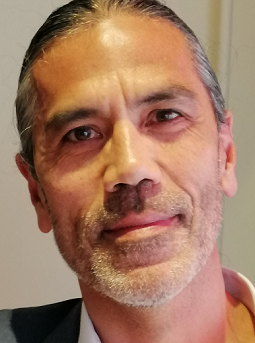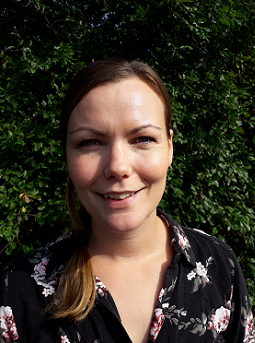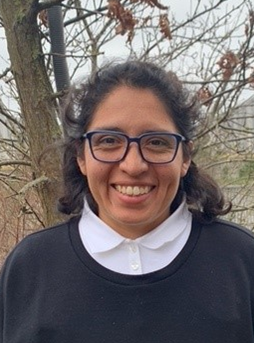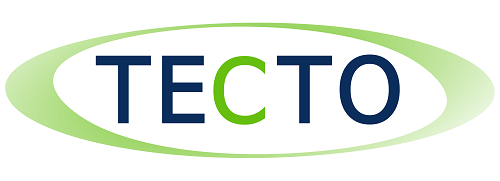
Cognitive behavioral therapy (CBT) with exposure and response prevention (ERP), is the recommended first-line treatment for children and adolescents with obsessive-compulsive disorder (OCD). However, more than 40% of patients do not or only partially benefit from CBT.
TECTO is large collaborative study with national and international partners led by Anne Katrine Pagsberg from the Research Unit - Child and Adolescent Mental Health Centre (CAMHC), Mental Health Services, Capital Region, that combines a randomized clinical trial and longitudinal case-control design to elucidate how neural, cognitive, emotional, and neuroendocrine factors moderate and mediate family based cognitive behavioral therapy (FCBT) response in pediatric patients with obsessive-compulsive disorder (OCD). TECTO is the first large random clinical trial (RCT) in pediatric OCD to include neuroimaging. Characterizing the neural underpinnings of response to FCBT is essential for improving treatment efficacy and identifying potential new treatment targets.
TECTO study design
At baseline, 128 pediatric OCD patients will be compared to 128 healthy control participants to map neurobiological, cognitive, and emotional markers of OCD. After baseline assessments, patients are randomly assigned to 16 weeks of either FCBT with ERP or an active control treatment with psychoeducation and relaxation training.
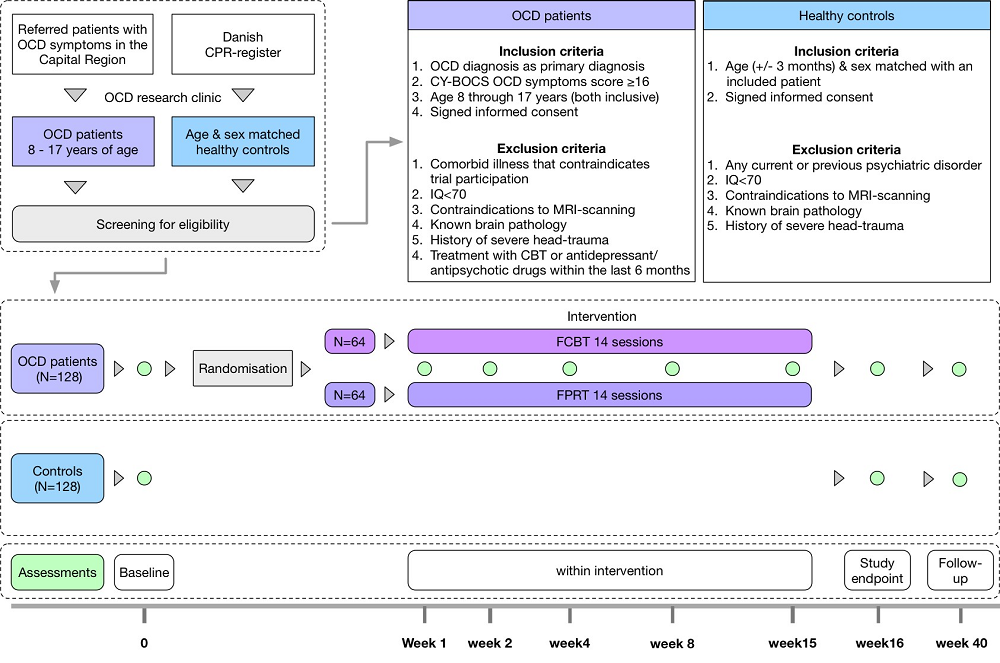
The TECTO brain imaging efforts will take place at the DRCMR. Here we will gather structural and functional brain images of all participants at baseline and at end-of-treatment. We aim to determine structural and functional brain profiles of pediatric OCD and elucidate profiles that predict and mediate FCBT response using magnetic resonance imaging (MRI). Previous functional MRI (fMRI) studies of OCD patients indicate abnormal response-inhibition-related and task-switching-related activity in specific areas of cortico-striato-thalamo-cortical circuits. Changes in the activation of these areas during treatment might predict treatment outcome.
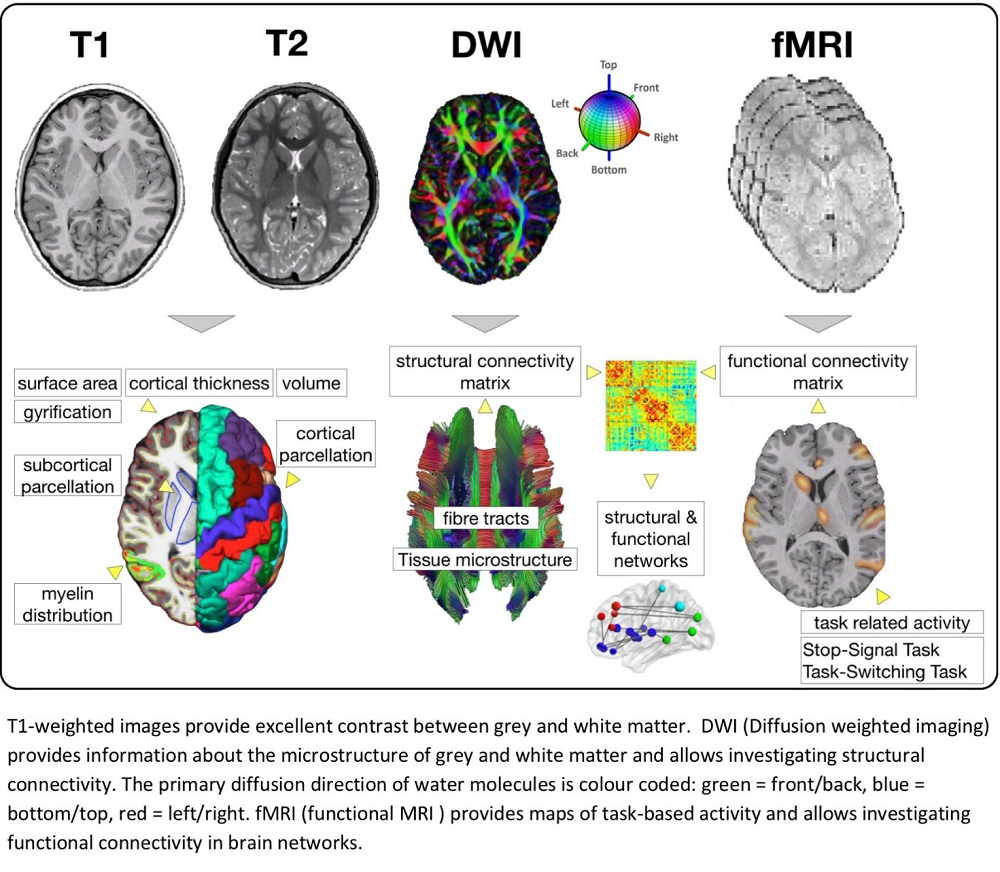
IMPACT
TECTO will improve understanding of the interplay of factors that predict, moderate, and mediate treatment response by combining neural, cognitive, emotional, and neuroendocrine measures. Results are crucial to improve psychotherapy and targeted interventions for pediatric OCD that can minimize medication use, prevent chronicity, and reduce the substantial socioeconomic burden of the disorder.
FUNDING
Tecto received funding from:
The Mental Health Centre for Child and Adolescent Psychiatry,
The Lundbeck Foundation,
Capital Region Psychiatry,
The Capital Region Research Fund,
Gangstedfonden, and
Psykiatrisk Forskningsfond af 1967




